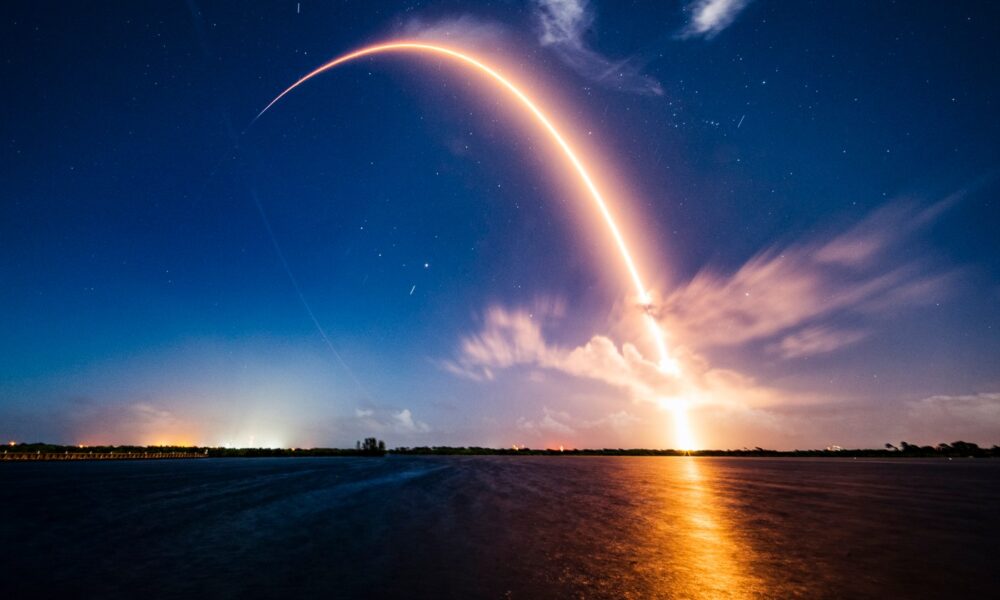UPDATE: The United States faces an urgent challenge in the escalating space race, with China’s rapid advancements threatening its status as a leading space power. As of October 10, 2023, the absence of a cohesive U.S. space strategy has become glaringly evident, especially highlighted by the recent federal government shutdown during Space Week.
The stakes have never been higher as nations vie for control over critical resources and strategic advantages in space. China has made significant strides, including the deployment of an AI supercomputing satellite constellation and plans for a Lunar nuclear power plant, aimed at bolstering its upcoming International Lunar Research Station (ILRS). Meanwhile, the U.S. is perilously close to losing ground in the space race.
Dr. Namrata Goswami, a prominent space analyst, warns that the Chinese Communist Party’s focus on reusable rockets and orbital logistics may soon allow China to eclipse U.S. capabilities. Notably, SpaceX, led by billionaire entrepreneur Elon Musk, currently dominates the launch market. However, analysts predict that China could match or even surpass this output within mere years.
China’s achievements over the past five years are striking. They include successful in-space refueling, the testing of a fractional orbital bombardment system, and landing samples from the far side of the moon—an accomplishment the U.S. has yet to achieve. What implications could this have for global security and U.S. interests?
Scenarios of Chinese aggression loom large. Experts warn that if China is allowed to fulfill its space ambitions, the U.S. could face grave threats, such as the covert disabling of American satellites or sabotage to private U.S. networks. Currently, the U.S. lacks an effective crisis response strategy to manage these risks, raising alarms among defense analysts.
China’s ambitions extend to energy as well. While the global focus shifts towards renewable energy, Beijing is investing heavily in space-based solar power, which could generate immense economic benefits. Additionally, the moon’s resources, including Helium-3 for fusion energy, and accessible water ice, represent strategic stakes that could reshape the future of energy production and space logistics.
As the landscape of space exploration evolves, the U.S. must also consider the implications of commercial space travel and potential accidents. At present, no federal agency, including NASA or the Space Force, possesses the authority or resources to handle emergency rescue missions in space.
While recent initiatives, such as President Trump’s executive order to streamline launch licensing, signal a positive step, experts argue that mere deregulation does not equate to a comprehensive strategy. The U.S. requires a prioritized investment plan and a clear vision to maintain its leadership in space.
Failure to act decisively could result in the U.S. losing not just its prestige but also economic prosperity and control over the global commons. The next Sputnik moment is on the horizon, and the crucial question remains: Will the U.S. rise to meet this challenge, or will it be caught off guard?
As developments unfold, the international community watches closely. The urgency for a strong, unified U.S. space strategy has never been clearer. Will America reclaim its leadership in the cosmos or allow another nation to dictate the future of space exploration? The clock is ticking.







